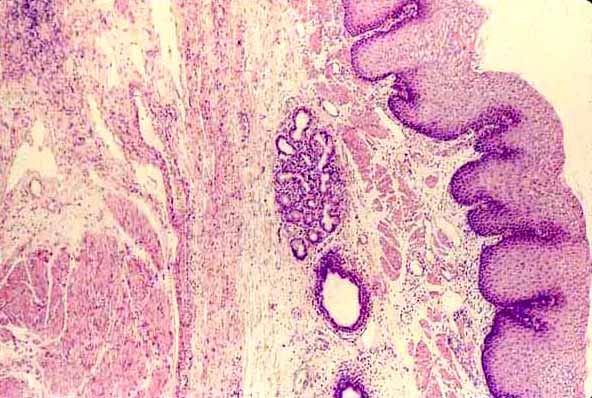Pathology Residency Personal Statement #1
Attending medical school in Europe at a school known for pathology, I developed an interest in studying the human body while spending hours our anatomy museum and later after introduction to histology and pathology. I became fascinated by learning the processes of the human organism on cellular level. I was also intrigued by our Pathology Professors ability to reach a quick diagnosis by looking under a microscope. Only a pathologist can give a definitive diagnosis by integrating analytical thinking and observation skills. [ad#bannermain] Later during my clinical rotations I appreciated the importance of the pathologic diagnosis and how rewarding and understood the responsibility of the pathologist in a patient’s care.
As a top medical student, I was also invited to participate in our student scientific society to conduct research. I studied lipid peroxidation in different rheumatic diseases, which inspired me to focus more intently on the molecular basis of disease. I learned to apply scientific literature to supplement my clinical understanding of disease and had the opportunity to write proposals and present data.
After graduation from medical school, my inquisitive nature brought me to the United States to study pharmacokinetics at the University of USA. Working with excellent scientists and physicians, I participated in clinical trials and drug development, as well as in the development of DNA vaccines. Later I was also involved in a project dedicated to avian and seasonal influenza viruses, investigating the molecular aspects that contribute to epidemics and pandemics at the Department of Pathology in UTMB.
In pathology research lab I learned how to cut tissue blocks and to perform immunohistochemistry staining as well as other advanced molecular techniques. Throughout my research time, I furthered my education by attending our journal clubs, scientific sessions and clinical conferences in University of Texas I was required to discuss the pathogenesis of diseases, different compensatory mechanisms and suggest diagnostic and therapeutic approaches based on pathophysiological mechanism. I started viewing pathology as a fundament of modern medicine and is a burgeoning field in the US due to the rapid development of lab technology.
[ad#bannermain]
During my time in Texas my communication skills, leadership and public speaking have matured to allow me to present my work at the national scientific meeting of virologists at New State University this year. My experience in the Department of Pathology allowed me to complete research a project dedicated to the role of a cell membrane host factor in HIV disease. I was also able independently develop a diagnostic PCR-assay for detection of Junin hemorrhagic fever virus in organ tissues. This research experience strengthened my decision to be a pathologist in US because I realized that pathology residency training provides an incentive for a professional improvement throughout ones’ entire career and that I can easily combine research with practicing pathology.
Throughout my years in research, my passion for clinical medicine has persisted. Now I would like to bring my research expertise to a new level using advanced molecular techniques to solve real clinical problems. I am looking for a pathology residency program with strong research opportunities and a good academic atmosphere. I have always been a hard-working, well-organized and avid student and researcher. A pathology residency is an important step to my ultimate goal – pursuing research career combined with clinical practice.

